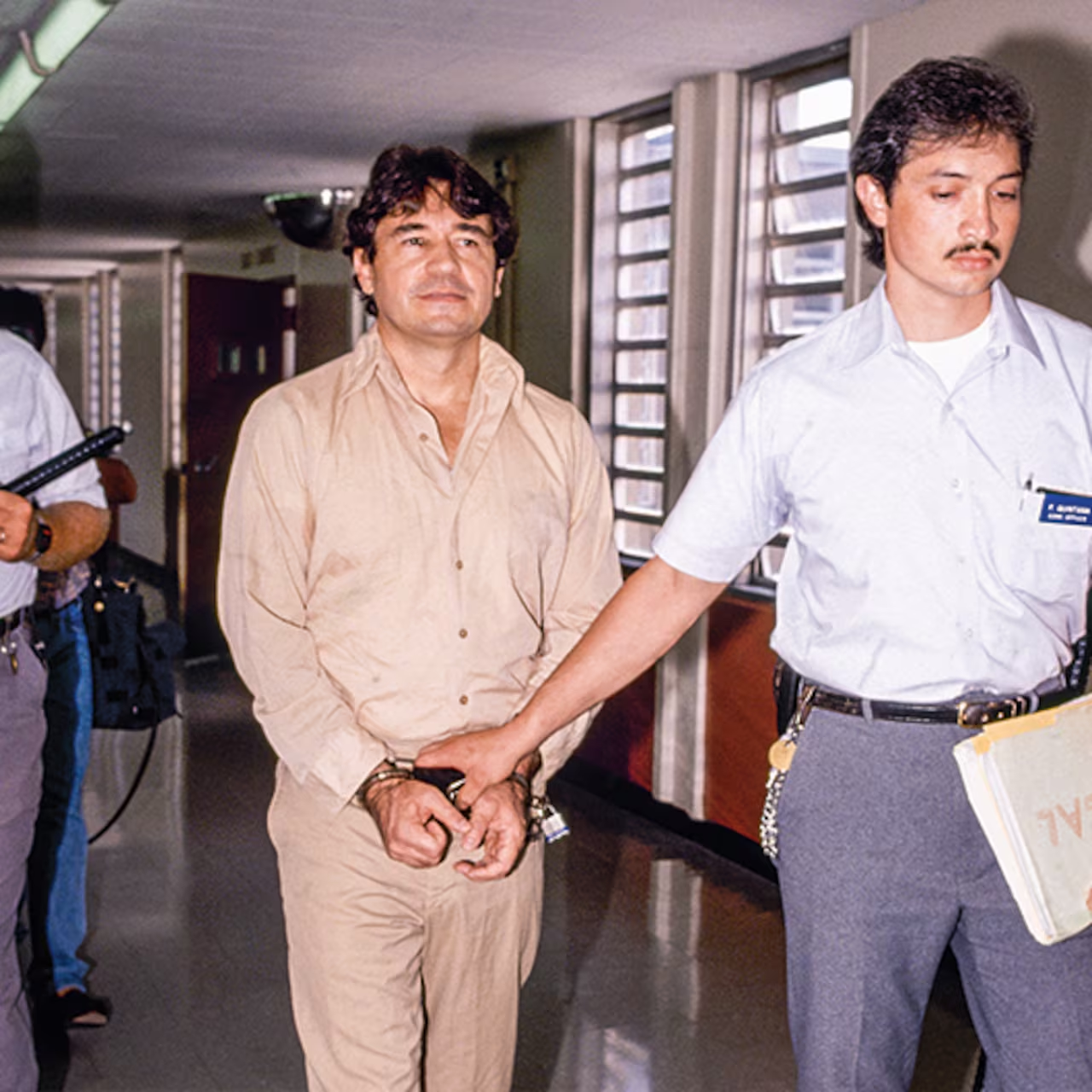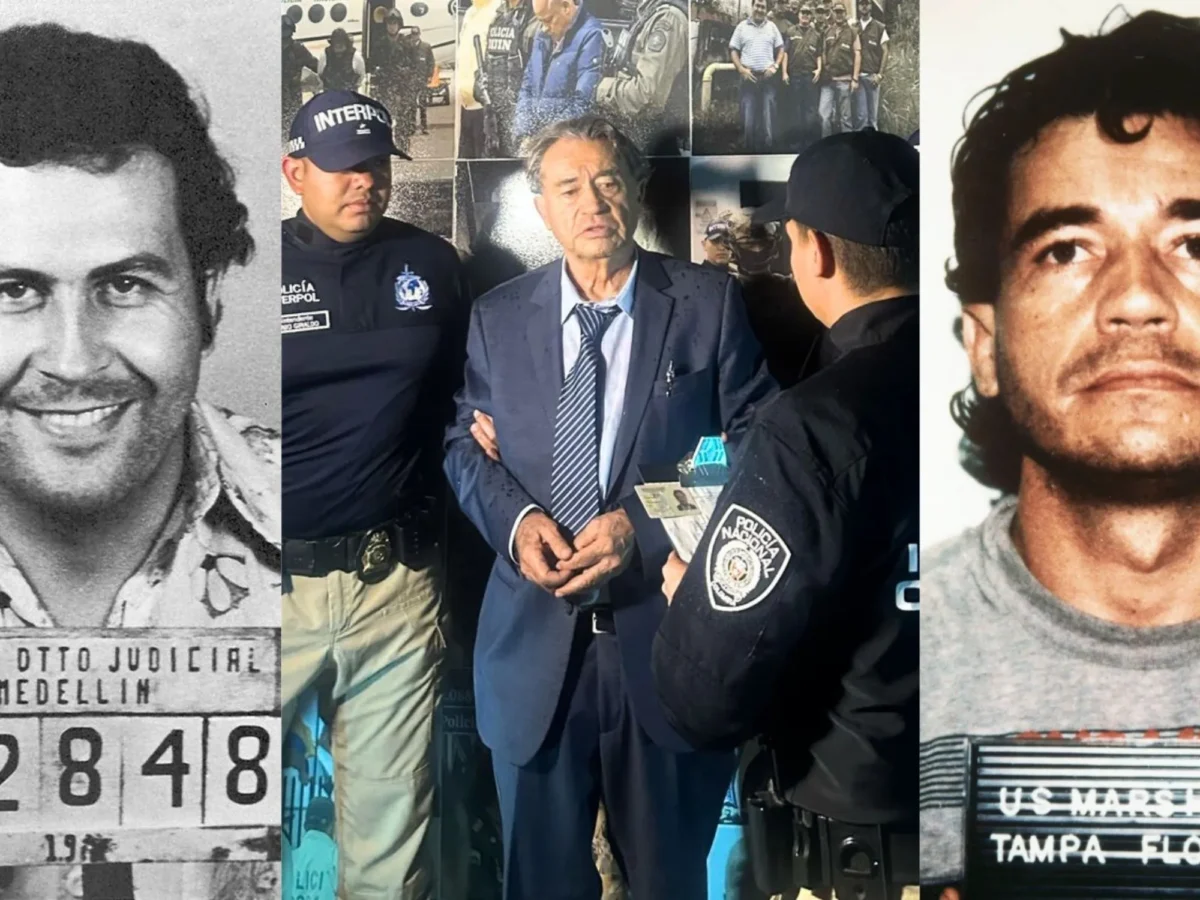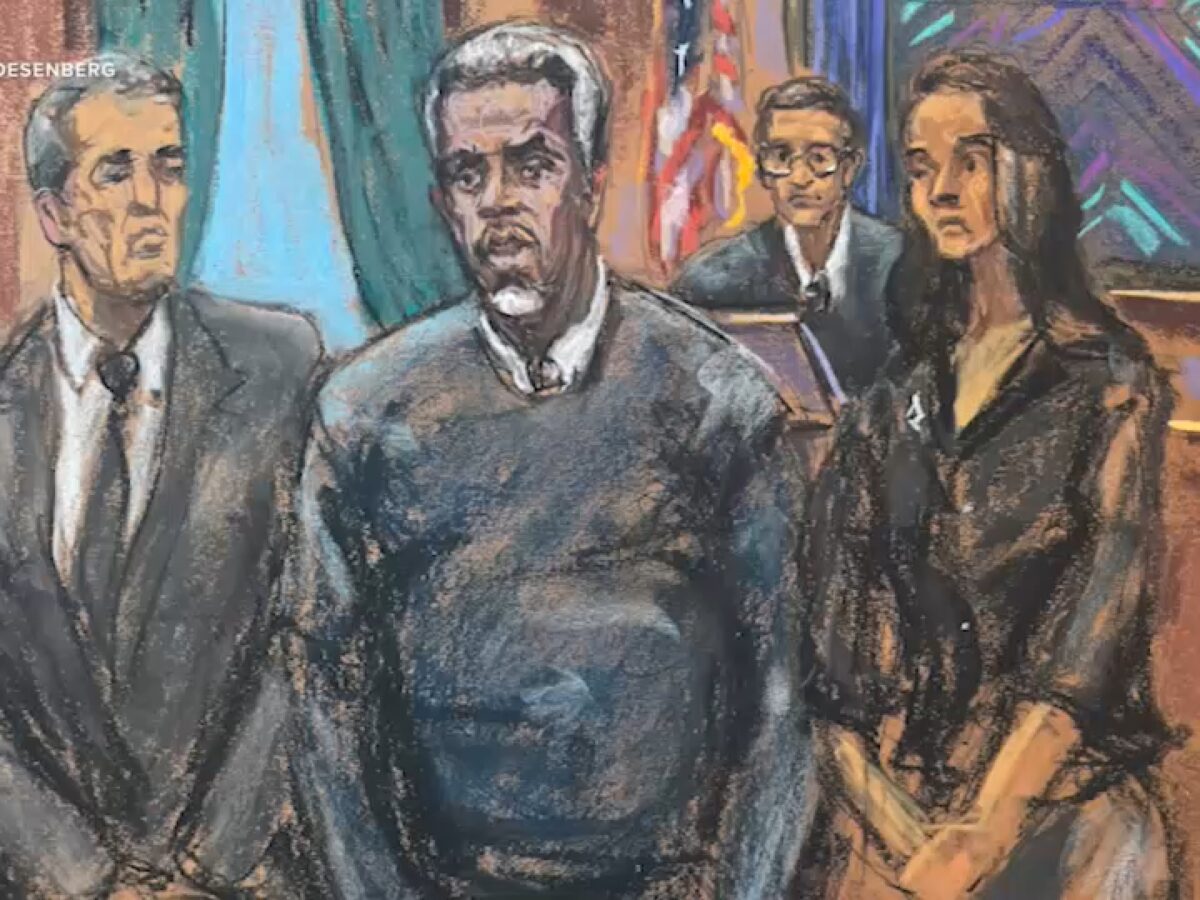Carlos Lehder, one of the most feared names in Colombian narco history, is making headlines again. On Friday, March 29, 2025, Lehder was detained at Bogotá’s El Dorado Airport, minutes after stepping onto Colombian soil for the first time in 38 years. His return, following a prison sentence in the U.S. and years of exile in Germany, has reignited memories of one of the darkest chapters in the country’s history: the rise of the Medellín Cartel.
Colombian immigration confirmed the 75-year-old former drug lord arrived on a flight from Frankfurt. According to Carlos Fernando Triana, Chief of the National Police, Lehder was immediately taken to a police unit to “verify his legal status.” His lawyer, Sondra McCollins, maintains there are no open cases against him, but the arrest has unleashed a media frenzy and reignited debates about organized crime and justice.
His detention is called illegal by the attorneys, and they expect the former narco to be released early on Monday’s hearings.
The logistical architect of the Medellín Cartel
Carlos Lehder Rivas was far more than Pablo Escobar‘s partner—he was the logistical mastermind who made cocaine flow into the U.S. at unprecedented rates. Thanks to his German ancestry, he spoke three languages and had a geopolitical vision that set him apart from his cartel peers. In 1978, he purchased part of Norman’s Cay, an island in the Bahamas that he turned into a cocaine air-bridge.
According to BBC News Mundo, Lehder was captured in 1987 during a party at his estate in Colombia and extradited just hours later to the U.S., where he was sentenced to 135 years for drug trafficking. His sentence was reduced to 55 years after he testified against Panamanian general Manuel Antonio Noriega. After that, he disappeared from the public eye, kept in near-total isolation.
He was released in 2020 due to deteriorating health and relocated to Germany, where he received treatment for prostate cancer. From there, he requested permission to return to Colombia and rebuild his life, a petition that was ultimately ignored. His 2025 return is being interpreted as a symbolic act: the comeback of the last living ghost of the Medellín Cartel.

A character caught between myth and reality
Lehder’s life reads like a Hollywood script. In his youth, he led a stolen car ring before quickly climbing into the drug trade. His partnership with Escobar provided the cartel with a professional smuggling infrastructure and a direct route to Miami. But he wasn’t just after wealth—he founded a fascist political movement called Movimiento Latino Nacional and even published his own newspaper.
A self-proclaimed nationalist and fierce critic of U.S. anti-drug policy—even as he profited from it—Lehder turned his countryside mansion La Posada Alemana into a surrealist compound complete with caged lions and a life-sized naked statue of John Lennon. This bizarre blend of ideology, intellect, and megalomania made him one of the most unusual kingpins of the 20th century.
Still, as attorney Oscar Arroyave noted in comments shared with BBC News Mundo, “Carlos’ legend far exceeds the reality.” Arroyave argued that the total amount of drugs Lehder trafficked is modest compared to modern shipments, and that his sentence was more about setting an example than administering proportionate justice.
What’s next for Carlos Lehder: freedom or a new trial?
The big question for media and legal analysts alike is what will happen to Carlos Lehder now. Although his lawyer insists there are no active charges, the arrest suggests that at least one warrant remains valid. It could involve an old case that hasn’t expired or stem from new investigations linked to his past cooperation against Noriega.
What is clear is that Lehder no longer poses a criminal threat. His fragile health, advanced age, and today’s drastically different context place him in a different category—that of a ghost from the past. Yet his symbolic presence is powerful enough to stir collective memories of violence, corruption, and the Colombian state’s prolonged battle against drug empires.
To some, his return signals a second chance. To others, it’s a sobering reminder that the past is never fully buried. So what do you think—does Carlos Lehder deserve a life of freedom?













